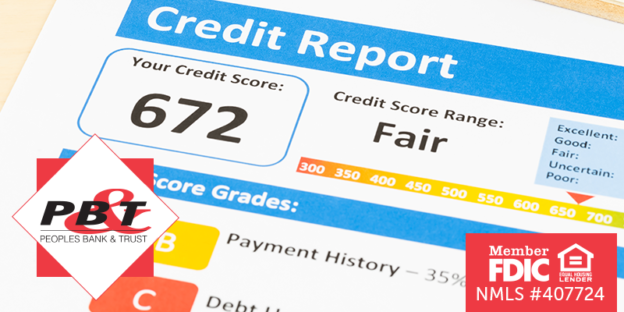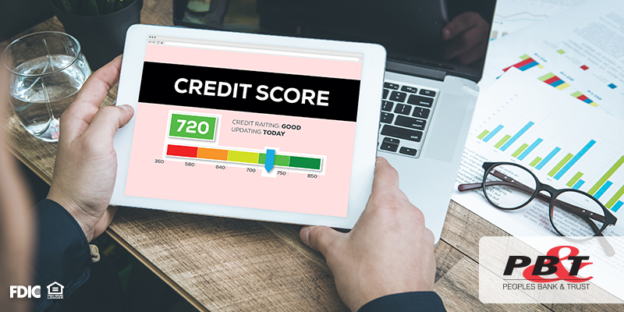We have all heard we need to have a good credit score, but many people do not know what a credit score is – this is ok, we are here to help! Having a good credit score is a lifeline for your future, so it is very important to know what a credit score is, how it can be positively and negatively impacted, and why it is so important to everyone. Take a few minutes to brush up on your knowledge of credit and how you can have a good credit score.
What is a Credit Score?
Credit scores have the ability to affect a lot in your life, so it is crucial to know what a credit score means and what yours is. Credit scores are a financial tool that determines each individual’s creditworthiness. A credit score is a number between 300 – 850 that is determined by your credit history. A high credit score means you are a responsible person who will repay your debts.
Your credit score moves as you use and repay debts you have incurred. A bad credit score could result in a higher payment due to a higher interest rate or missing out on a purchase you’d like – such as leasing an apartment, obtaining a loan or credit card, purchasing insurance or a vehicle, etc. You may be asking – What if I do not have a credit score? Not having a credit score means you have not tied anything to your credit profile. This can often be a bad thing as you have no history of good credit or debt payment to a lender.
What Does Your Credit Score Impact?
Your credit score essentially affects your financial life. There are many good and bad ways to affect your credit. Your credit score plays a huge part in a lender’s choice to offer you any sort of credit. A credit score may also impact the amount of the deposit you have to pay for utilities, phone services, rental properties, and more. Your credit score impacts your interest rate or credit limit.
What Impacts Your Credit Score?
Your credit score is impacted by five main factors that are evaluated when you take out credit. Your credit score is reported and updated by credit reporting agencies in the United States. The five factors that affect your credit score are: payment history, the total amount owed, the length of credit history, the types of credit, and new credit you use.
How to Improve Your Credit Score
There are many ways to improve your credit, so if your score is on the low end, do not worry! Here are 4 ways to increase and improve your credit score:
1. Pay your bills on time – on-time payments for six months will positively affect your score.
2. Use a credit card – contact Peoples Bank & Trust to open a credit card today!
3. Don’t close your credit card account – stop using the card rather than closing it as this could negatively impact your score.
4. Take out a line of credit and make consistent payments on time.
Why is Your Credit Score Important?
As you can see, your credit score is very important to be able to do the things you wish financially. Having a good score can affect you in many ways, so if it is low, it is important to work on growing the number. An excellent score ranges from 800 to 850 while a poor score is between 300 and 579. The middle range can be considered very good to fair and can affect the terms of the credit you are offered quite a bit, even if you are a few numbers off from the next range.
As we have you thinking about your credit score, please reach out to Peoples Bank & Trust to discuss where you are at and how our services can positively impact you.
Peoples Bank & Trust Co.
Member FDIC
Equal Housing Lender



